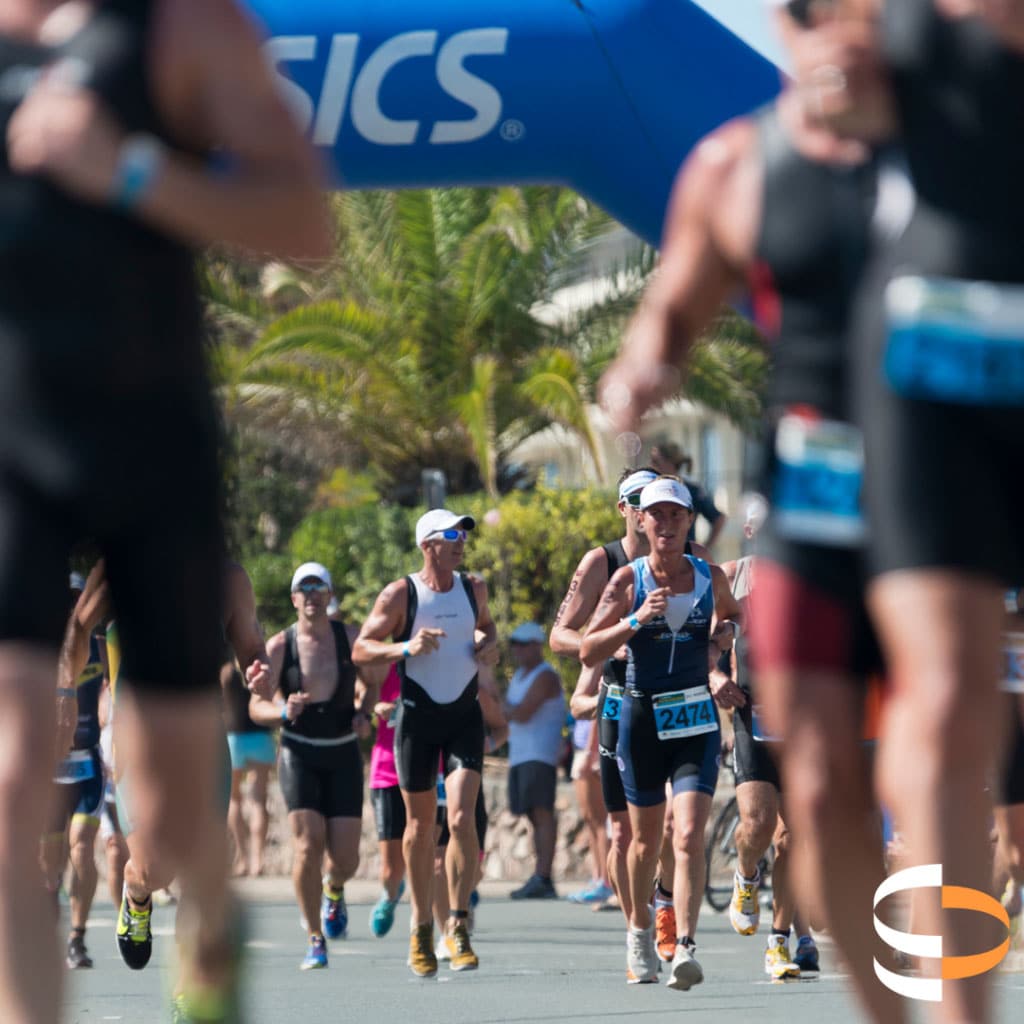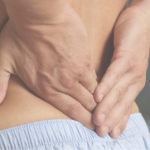As Physiotherapists we often get asked about the long-term effects, and impacts of different types of exercise on different parts of the body.
Here at Leaders Sports & Spine Physiotherapy in Brisbane City, we are a part of multiple community exercise groups throughout Brisbane. We are also a part of several social running clubs in Brisbane CBD, meaning we are more commonly asked about the impacts of running on the body – especially the knees.
This blog is not only going to show you that running doesn’t negatively impact the knees in terms of arthritis, but it may improve your knee health!
How did the theory come about?
Originally it was thought, high-impact sports or events were causing damage.
It was thought while bones improved with impact (Wolf’s Law), soft tissue degraded with impact. Through this thought process, we came to the conclusion that all knee related injuries must be coming from a high-impact sport or event. One of the most popular high-impact sports is running, with a 95% increase in people running every week in Australia over the last 10years!
The easiest connection there is between running and knee degenerative changes, therefore the initial recommendation was to decrease or stop running all together.
Research – The beginning!
Due to the astronomically large number of people running everyday, there has been plenty of money put into research to help find ways around this knee degeneration that seems to be occurring.
One of the first research papers to come out around running, in 2006, came to the conclusion that; “Although there are not currently enough data to give clear recommendations to long-distance runners, it appears that long-distance running does not increase the risk of osteoarthritis of the knees and hips for healthy people who have no other contraindications for this kind of physical activity.” [1]
Research – The Continuation
Following on from the promising research provided in 2006, there has been more and more money placed into research and determining the impact of running on knee health – specifically looking into osteoarthritis complications with running.
Jumping forward to 2018, a new research paper was published regarding a more holistic approach to looking at the knees. Looking into knee health; prevalence of pain, arthritis, arthroplasty, and associated risk factors, in marathon runners.
At Leaders Sports & Spine Physiotherapy we fully understand that not everyone is a marathon runner, however the information gained from this particular study is quite influential as they used over 600 participants in their study, making the information gained easier to correlate to the general population. They found there was no significant risk associated with running duration, intensity, mileage, or the number of marathons completed. [2]
Improvements in Knee Health!
In a research paper published only just last year, there were findings that suggested running may IMPROVE knee health! For the study, the participants completed an MRI both 6-months before and half a month after running a marathon. Prior to the marathon, some of the athletes also completed 4 months of preparation training for the marathon.
The results of the post-marathon MRI showed improvements in subchondral bone marrow oedema. This the build up of fluid within the bone as a response to injury or as a precursor to osteoarthritis. Along with asymptomatic patella cartilage changes [3].
What does this all mean?
The above mentioned research is endeavouring to change the way we look at running, and specifically how we’re looking at running’s impact on knee health. Already we have seen several studies demonstrating the overall positive impacts running has on overall health, and knee health specifically.
How does Physiotherapy fit in?
As Physiotherapists we have a wealth of knowledge to help guide you to your running goals, whether it be towards your first ever running goal, or getting back into running after a little time on the sidelines – we have the knowledge to guide you in the right direction.
We are also able to help out if you have been running for a little while now, but you seem to be struggling to achieve those running goals.
As always, we’re here if your running is causing you any pain. We’re able to analyse your gait pattern (running style), assess any strength or mobility issues that may be restricting you, and then advise you on a plan moving forward to get you to your running goals!
Contact LEADERS Sports & Spine Physiotherapy in Brisbane CBD for all knee related pain, post-op knee rehabilitation, knee surgery second opinions, and all general pain!
Research
[1] Cymet TC, Sinkov V. Does Long-Distance Running Cause Osteoarthritis?. J Am Osteopath Assoc 2006;106(6):342–345.
[2] Ponzio, D. Y., Syed, U., Purcell, K., Cooper, A. M., Maltenfort, M., Shaner, J., & Chen, A. F. (2018). Low Prevalence of Hip and Knee Arthritis in Active Marathon Runners. The Journal of bone and joint surgery. American volume, 100(2), 131–137. https://doi.org/10.2106/JBJS.16.01071
[3] Horga LM, Henckel J, Fotiadou A, et alCan marathon running improve knee damage of middle-aged adults? A prospective cohort studyBMJ Open Sport & Exercise Medicine 2019;5:e000586. doi: 10.1136/bmjsem-2019-000586






